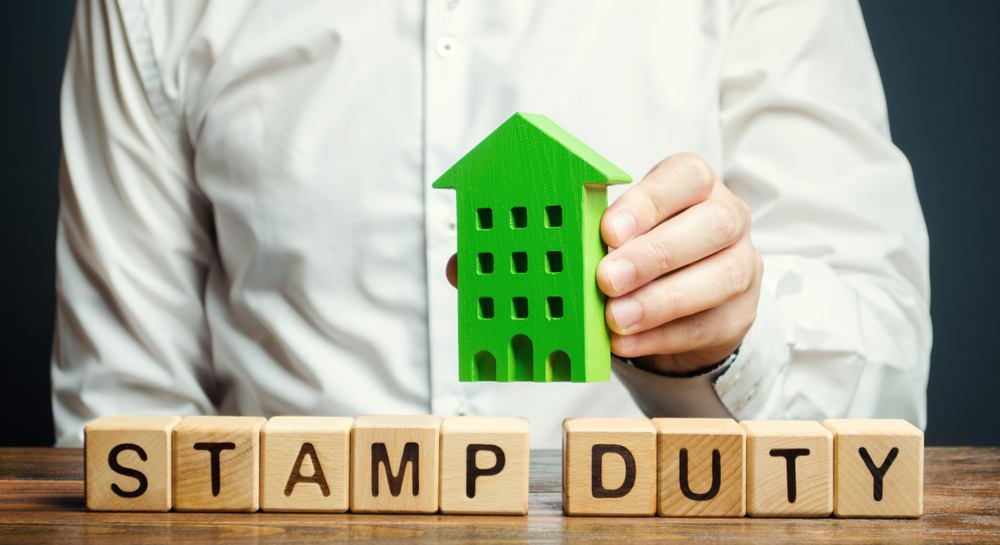
UK house buyers paid out a massive £1.4bn in stamp Duty as they dashed to beat the March 2025 deadline, according to the latest figures from HMRC.
Higher receipts in February to March 2025 compared to previous years were driven by a combination of increased transaction levels prior to the change to residential Stamp Duty Land Tax thresholds from April 2025 and higher rates of Stamp Duty Land Tax surcharge for additional properties
The £1.4bn in stamp duty in March, represented a £357m (34%) increase from February, and a £544m (63%) increase from March 2024, according to Coventry Building Society’s analysis of latest HMRC statistics. This was the final month where homebuyers could benefit from the reduced stamp duty thresholds.
From 1 April the nil rate thresholds dropped from £250,000 to £125,000 for home movers – taking the tax bill on an average priced home in England from £2,082 to £4,582.
First time buyer relief dropped from £425,000 to £300,000. The average first time buyer home in London is £477,695, meaning the stamp duty liability for a typical first time buyer in the capital rocketed from £2,634 to £8,884.
The thresholds are now at levels which were originally set in 2014, when the average house price in England was £191,986, (now £291,640) and the tax bill was £1,340 (now £4,582).
So far this year homebuyers have paid £3.3bn in property tax.
Commenting on the latest data Coventry’s head of intermediary relationships Jonathan Stinton said: “March was always going to be a busy month for homebuyers, with people rushing to complete before the Stamp Duty cliff edge. Now the deadline has passed, many will be facing thousands more in upfront costs – which can be a big hit when people are already juggling deposits, legal fees, and the cost of setting up a home.”
He added: “These kinds of changes don’t just affect individual buyers – they can shift the market as a whole. Some might delay moving altogether, while others could be priced out of areas where the average house price is above the threshold. It raises the question about whether our property tax system is keeping pace with today’s housing market – where prices have surged and tax bill shave rocketed as a result.”



